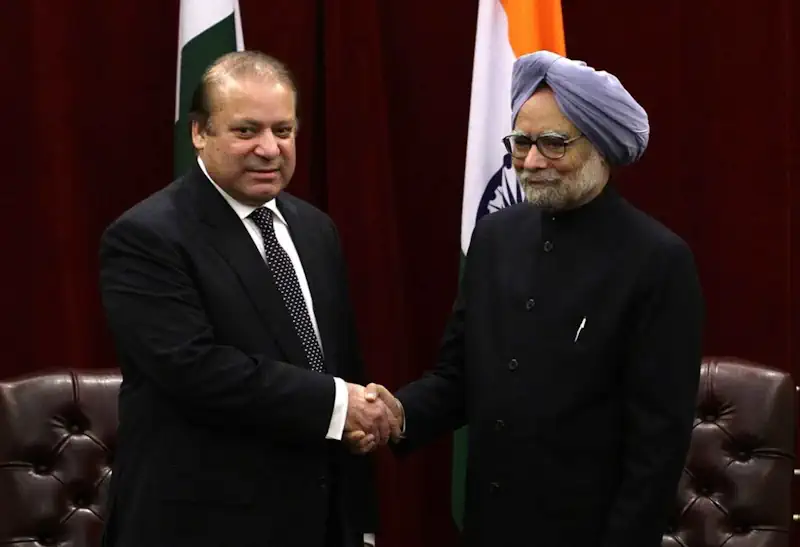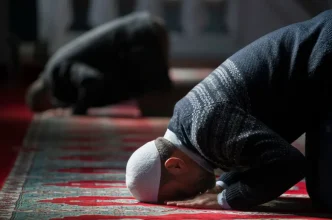Former Indian prime minister Manmohan Singh passes away at 92

Manmohan Singh, India’s former prime minister and the architect of its economic liberalization, has passed away at the age of 92, local media reported on Thursday. Known for his humility, intellect, and transformative leadership, Singh served two terms as prime minister and was instrumental in reshaping India’s economic landscape during his tenure as finance minister in the early 1990s.
Born into a modest family in British-ruled India, in what is now Pakistan, Singh overcame numerous challenges in his early life. Studying by candlelight, he secured a place at Cambridge University and later earned a doctorate from Oxford University, focusing on the role of exports and free trade in India’s economy. This academic foundation propelled him into a distinguished career as an economist, culminating in his appointment as India’s central bank governor and an advisor to the government.
Also Read:
Singh’s foray into politics was unexpected. In 1991, he was chosen as finance minister during a severe balance of payments crisis. Under his leadership, India implemented sweeping economic reforms, including deregulation and opening up to global markets. Quoting Victor Hugo in his maiden budget speech, he famously declared, “No power on earth can stop an idea whose time has come,” referring to India’s emergence as a global economic power.
In 2004, Singh was once again thrust into the political spotlight when Sonia Gandhi, leader of the Congress party, asked him to become prime minister following the party’s surprise electoral victory. Gandhi, of Italian descent, faced concerns that her foreign origins could be used by political opponents, prompting her to entrust Singh with the role.
Singh’s tenure as prime minister coincided with a period of unprecedented economic growth. His government introduced significant welfare initiatives, such as a rural employment guarantee scheme, to distribute the benefits of India’s growing prosperity. In 2008, Singh’s administration secured a landmark civil nuclear deal with the United States, marking a turning point in India-US relations and enabling peaceful nuclear energy trade for the first time in decades.
Despite his achievements, Singh’s leadership faced challenges. Efforts to further liberalize the economy were often hampered by political discord within his coalition government. Additionally, his second term was marred by corruption scandals involving members of his administration, leading to public protests and a tarnished legacy at home, even as he remained respected internationally.
Singh also had to contend with the perception that Sonia Gandhi wielded significant influence over his government. Nevertheless, he maintained his integrity and was widely regarded as honest and principled. “I honestly believe that history will be kinder to me than the contemporary media or, for that matter, the opposition parties in parliament,” he remarked during a press conference in the final months of his tenure.
Manmohan Singh’s contributions extended beyond economic policy. During his 2005 visit to the Siachen Glacier, he expressed a heartfelt wish to transform the region into a “mountain of peace.” His tenure as prime minister also saw India grappling with global economic turbulence, which slowed its growth story.
Following the end of his term in 2014, Singh’s Congress party suffered a decisive defeat to Narendra Modi’s Bharatiya Janata Party, which promised to reinvigorate the economy and tackle corruption.
Manmohan Singh is survived by his wife and three daughters. Tributes poured in from across the nation, with Indian Prime Minister Narendra Modi stating, “India mourns the loss of one of its most distinguished leaders, Dr. Manmohan Singh Ji,” and commending his lifelong dedication to public service.
Read all the Breaking News Live on pakistantimes.com and Get Latest English News & Updates from Pakistan Times. Follow us on Whatsapp channel for more.








